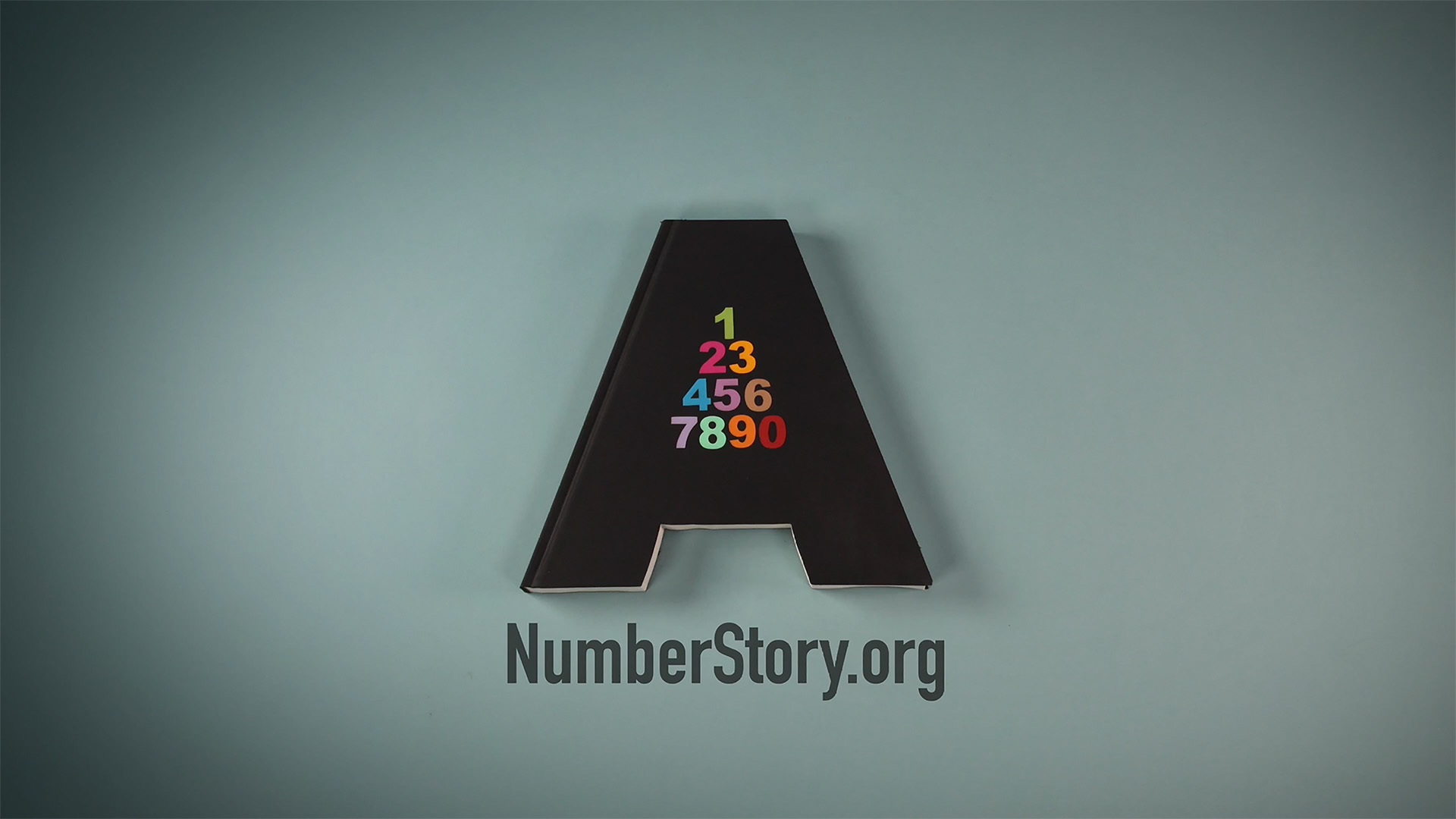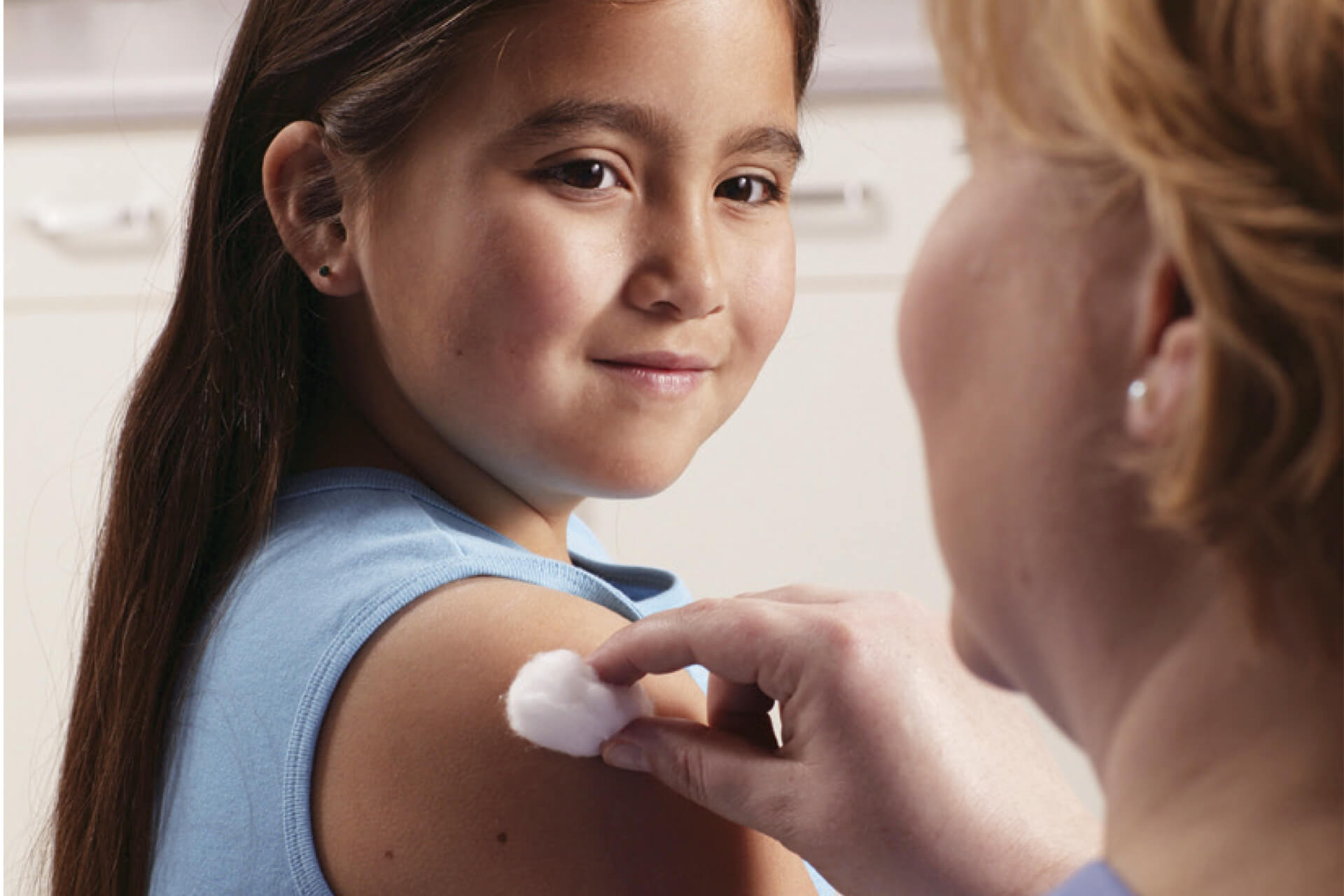Healthy Children and Teens
Healthy habits begin at home. Whether you’re a parent, child, teen, or family, we can help you find the right tools and resources to support your needs at any stage or age.
Join these interactive workshops for Kaiser Permanente members
Get the tools and support from trained professionals to help get your family’s health on track wherever you are!
Thriving Families
Families with children 5 to 11 years old can join to reflect on eating challenges at home and gain tools to support and trust children to become healthier eaters.
Teen Kickstart
Teens 12 to 17 years old can join a safe place to interact with their peers while learning about healthy food choices, mindfulness skills, self-care basics, and improving overall well-being.
Register for workshops online
- Sign in at kp.org
- Choose “Schedule appointment”
- Choose “Health class or coaching by phone”
- Follow prompts to complete registration
To register your child for an appointment or workshop online, you must have permission to use kp.org to manage their care. Log in to your kp.org account and visit Act for a Family Member for more information.

Teen Thrive: Taking Care of YourSELF
Join other 12- to 17-year-olds in a weekly interactive online workshop and learn about nutrition basics, surviving social media, tips to move your body, stress management, the power of positive thinking, and much more! Meet us online Tuesdays at 4 to 4:30 p.m. (no need to pre-register), or call 714-748-2714 for more information.
Teen Mindfulness
Come get some breathing room! This series gives teens 12 to 17 a safe place to share and learn mindfulness skills to reduce stress and depression and improve mental health and well-being. Online sessions are held on Tuesdays from 5:30 to 6:30 p.m. Enrollment is ongoing. Start your 6-week program any time. Enroll online or by calling 619-641-4194.
Healthy Habits for Busy Families
This collection of 4 weekly online parenting workshops gives parents and caregivers the education and tools to begin modeling healthy habits and introducing healthy behaviors to family members. Interested parents and caregivers can enroll online or by calling 619-641-4194.
5 tips for a healthy start
Baby
Eat healthy
Breast milk is all your baby needs for the first 6 months. If you can, breastfeed your baby whenever he or she seems hungry. When your baby is ready for solid foods, introduce single-ingredient pureed vegetables and fruits.
Stay safe
Never leave your baby unattended. Always use a car seat and watch your baby closely around pets. Remember to put your baby to sleep on their back to decrease the risk of sudden infant death syndrome.
Sleep well
Set a regular schedule for naps and bedtime. Put your baby in a crib in a quiet, dark room when they are drowsy but still awake. This will help them learn to go to sleep on their own.
Make connections
The most important way to help your baby grow and develop is to communicate with gentle touch, hugs, and kisses.
Find stage-specific resources
Toddler
Eat healthy
You control what, when, and where your child eats. Provide healthy foods like low-fat yogurt with fruit or baby carrots with hummus. Your child will decide whether to eat and how much. This will help them know when they are truly satisfied.
Move more
Play games that encourage walking and movement and go outside when possible. Help your child walk around the yard with push toys, such as play lawn mowers or bubble poppers.
Sleep well
Toddlers need about 12 hours of sleep a day, including naps. Set a bedtime routine. Doing the same things in order every night helps your child know what to expect and sleep better.
Make connections
Sit and play, read, and talk to your child. Don’t worry about having playdates and organized activities at this age.
Find stage-specific resources
Go to growth and development, ages 12 to 24 months to learn more
Preschool
Eat healthy
Managing a picky eater can be easier when you offer new foods at the start of meals when your child is hungry. Make food simple and recognizable.
Move more
Going to the playground, joining a gymnastics or dance class, or running races in your backyard allows your child to release excess energy and gain new skills.
Sleep well
Preschoolers need 11 to 12 hours of sleep each day. There’s wiggle room about exact sleep times — the most important thing is to develop good, consistent habits for getting to sleep.
Make connections
Help your child play with other children. Preschool and play groups can be a great way for children to learn to interact.
Find stage-specific resources
Go to growth and development, ages 2 to 5 years to learn more
Grade School
Eat healthy
Swap junk food with fruits and vegetables for snacks. Find at least one healthy item from each food group that your child likes, and make sure it is readily available most of the time.
Move more
Make time for your child to be active every day. Limit TV and computer time to one hour a day or less.
Sleep well
School-age children need plenty of sleep to learn and develop socially. Have your child go to bed at the same time every night and wake up at the same time every morning.
Make connections
Children this age make new friends often and become more empathetic. Talk about the qualities that make a good friend and how your child can show these qualities to others.
Find stage-specific resources
Go to growth and development, ages 6 to 10 years to learn more
Teen
Eat healthy
Help your teen choose healthy snacks, make wise food choices at fast food restaurants, and not skip meals. Make it a point to eat meals together at home as often as you can.
Move more
Encourage your teen to use screen time to move with video dance games or virtual sports simulators. Suggest they break up long periods of sitting with activities like yoga stretches.
Sleep well
Growing teens need a lot of sleep. If your teen is going to bed at a very late hour, suggest that they go to bed 15 minutes earlier each night until the best bedtime is reached.
Make connections
Social connections help teens feel good about themselves. Encourage your teen to join a social group, club, or sports team at school, or volunteer for a cause they care about.













